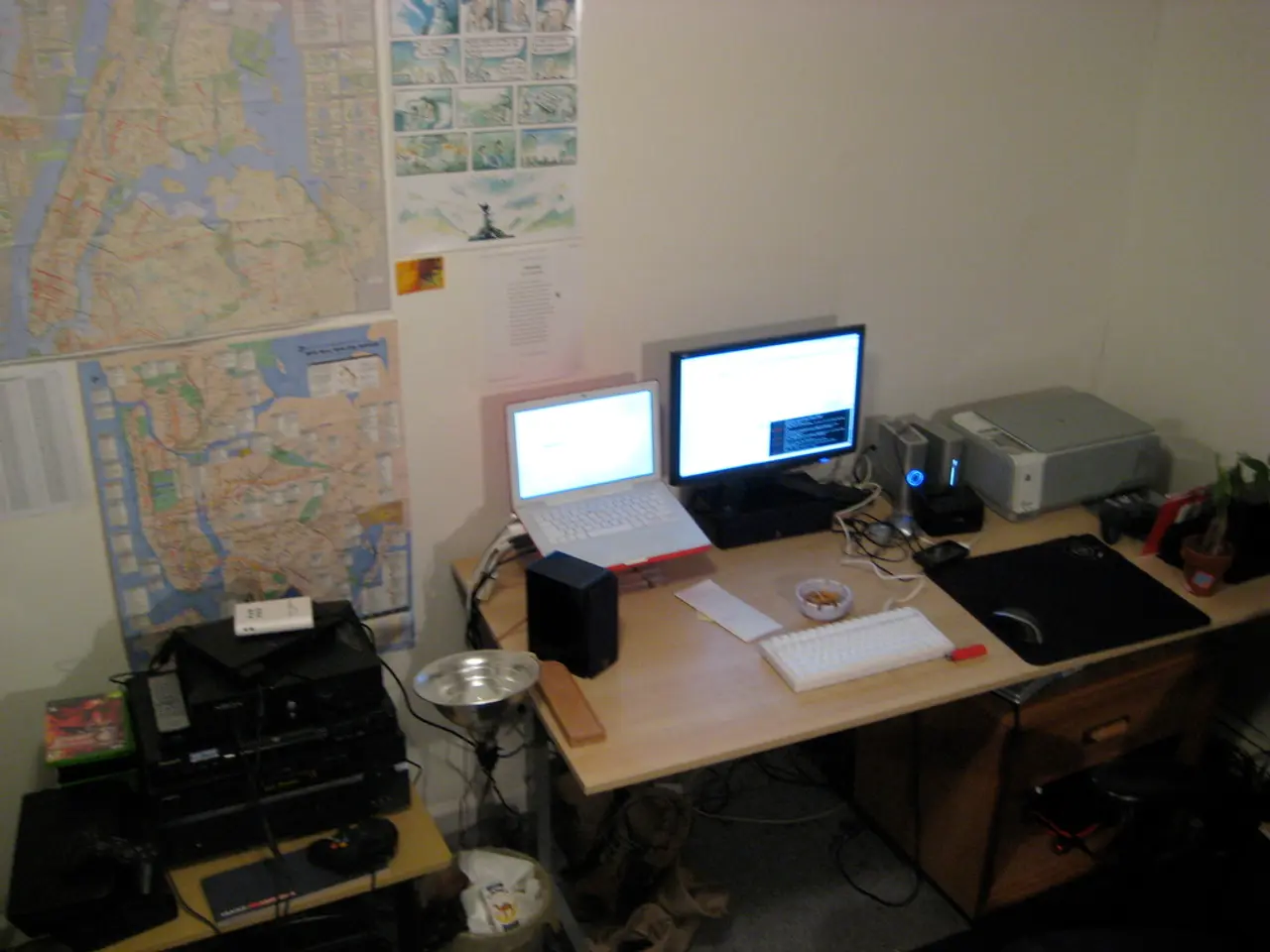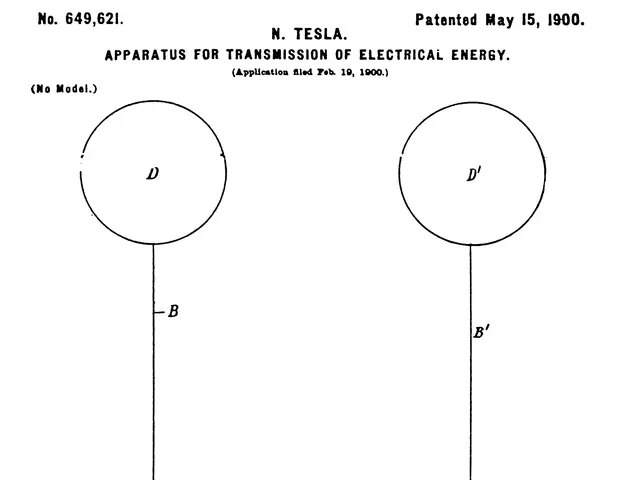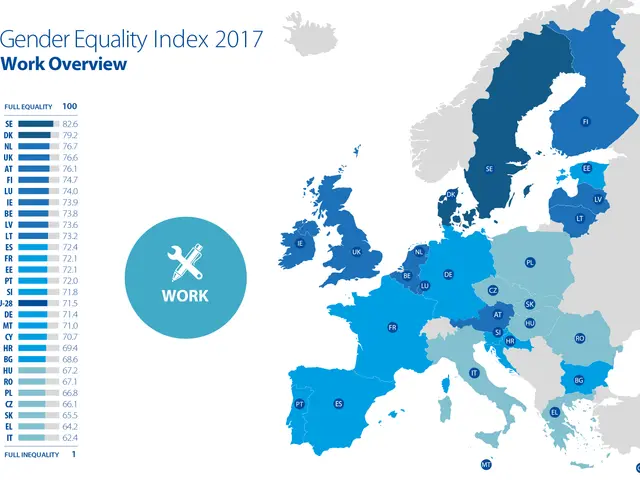Global Semiconductor Industry Transforms Amid US-China Trade War and Growing Demand
The global semiconductor industry is undergoing significant changes due to the US-China trade war and increasing demand for advanced technologies. The European Union and Taiwan are investing heavily in chip production to reduce dependence on foreign suppliers, while tech leaders are urged to diversify manufacturing and invest in sustainability to navigate the new landscape.
The trade war has fragmented global supply chains, pushing organizations to rethink their sourcing strategies. Europe is responding with initiatives like the 'Chips Act' to boost domestic production, while Taiwan is investing in advanced chips for AI and server applications, with companies like TSMC expanding in Europe.
Artificial intelligence, electric vehicles, and next-generation networks are driving demand for faster, more efficient chips, pushing silicon's limits. The industry is shifting to alternative materials that offer higher power efficiency, improved heat management, and faster processing speeds. However, this transition requires addressing supply chain vulnerabilities, geopolitical risks, and sustainability concerns.
National policies, such as the US CHIPS Act and European Chips Act, aim to mitigate supply chain risks and reduce reliance on foreign suppliers. Tech leaders are advised to diversify manufacturing, plan for policy volatility, and leverage AI for efficiency to successfully navigate the changing semiconductor landscape.
The shift towards advanced materials in semiconductor manufacturing is crucial for meeting the demands of modern technology. With Europe and Taiwan investing heavily in chip production and national policies aiming to reduce reliance on foreign suppliers, the stage is set for a more resilient and innovative global semiconductor industry.




